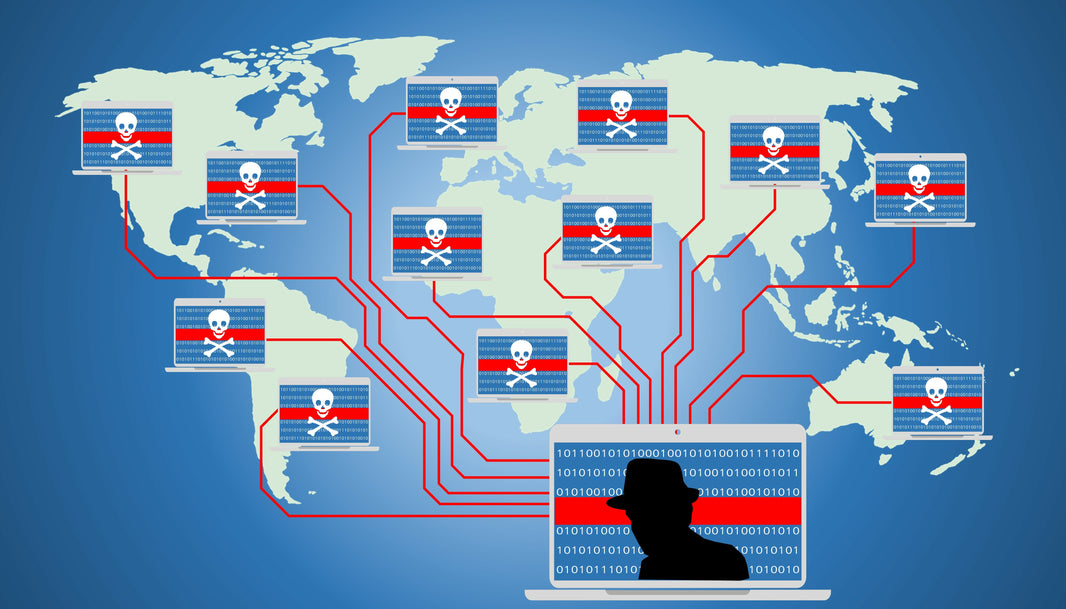Federal authorities are poised to implement a sweeping ban on TP-Link routers following alarming discoveries linking these devices to Chinese state-sponsored cyberattacks. This action, which could come as early as next year, would mark the largest extraction of Chinese telecom equipment from U.S. networks since the 2019 Huawei ban.
Multiple federal agencies, including the Commerce, Justice, and Defense departments, have intensified their investigations into TP-Link, which currently controls 65% of the American home and small business router market. The Commerce Department has already taken decisive action by issuing subpoenas to the company, signaling the advanced stage of these investigations.
Critical Vulnerabilities Expose Government Networks
The urgency for action has escalated following the discovery that these potentially compromised devices are actively deployed within critical government agencies, including:
- Department of Defense networks
- NASA systems
- Federal contractor infrastructure
- Critical national security facilities
Sources close to the investigation reveal that many TP-Link devices ship with significant security flaws, creating vulnerabilities that could be exploited by foreign actors. More concerning is the company's reported failure to address these issues when identified by security researchers.
Wave of Chinese Cyberattacks Traced to TP-Link Devices
The Wall Street Journal reports that federal investigators have established direct links between TP-Link routers and a recent surge in Chinese cyberattacks targeting:
- Sensitive government organizations
- Defense Department suppliers
- Critical infrastructure systems
- Strategic research institutions
Company's Response Falls Short
While TP-Link has stated they "welcome any opportunities to engage with the U.S. government," sources within the investigation indicate this response is too little, too late. The company's spokesperson claimed their "security practices are fully in line with industry security standards," but federal findings suggest otherwise.
Immediate Impact on American Consumers
With a ban looking increasingly certain, millions of American homes and businesses will need to replace their networking equipment. The mandate would affect:
- Approximately 65% of U.S. households
- Countless small businesses
- Various government contractors
- Multiple federal agencies
Recommended Immediate Actions
Security experts are strongly advising TP-Link users to begin preparing for the impending ban by taking immediate action to secure their networks:
Immediate Security Steps:
- Research and implement American-made router solutions
- Back up network configurations and data
- Plan for network infrastructure replacement
- Implement additional security measures in the interim
Recommended Alternative Solutions:
Security experts and former federal agents are particularly highlighting Rio, an American-made cybersecurity router, as a leading alternative. Developed exclusively in California, Rio implements the same zero-trust security protocols mandated for federal agencies under Presidential Executive Order 14028.
"In my three decades with the FBI, I've never encountered a consumer router like Rio," notes Scott Augenbaum, Retired Supervisory Special Agent of the FBI Cyber Division. "They've found a way to take advanced protection and make the software extremely easy for any consumer to use."
The shift toward American-made networking equipment reflects growing concerns about supply chain security. Rio's domestic development and manufacturing processes address many of the vulnerabilities identified in the TP-Link investigations, including:
- Zero-trust security architecture
- Built-in VPN protection
- Secure device isolation capabilities
- Real-time threat detection
- Regular security updates and patches
Real-World Security Implications
Recent incidents highlight the severe consequences of router vulnerabilities. In one notable case, documented by federal prosecutors, a compromised home network led to a series of cybercrimes that included threats to President Biden and the distribution of illegal content – all traced back to an unsuspecting family's router.
"Over months and months, he inflicted unfathomable psychic damage, making the victims feel vulnerable in their own home, while avoiding detection," federal prosecutor Timothy Rank reported in a related case highlighting router vulnerability exploitation.
Timeline for Implementation
Sources familiar with the investigations suggest the ban could be announced as early as Q1 2024, with a mandated replacement period to follow. This aggressive timeline reflects the serious nature of the security threats identified and the government's determination to protect national infrastructure.
"The transition away from potentially compromised networking equipment isn't just about compliance – it's about national security starting at home," emphasizes Augenbaum. "American consumers need solutions they can trust, developed by companies committed to U.S. security standards."
Looking Forward
This impending ban represents a decisive shift in U.S. policy regarding foreign-manufactured networking equipment, particularly in light of escalating cybersecurity threats. For organizations and individuals currently using TP-Link equipment, the message is clear: begin transitioning to secure, American-made alternatives immediately.
The impact of this ban will reshape the American networking equipment landscape, prioritizing security and domestic manufacturing over cost considerations. As federal agencies prepare to announce their findings, the cybersecurity community anticipates this move will set new standards for network security at both institutional and consumer levels.
Further announcements are expected in the coming weeks, and affected users are strongly advised to start their transition planning immediately. The era of potentially compromised networking equipment in American homes and businesses is coming to an end, ushering in a new focus on secure, domestically produced alternatives.







